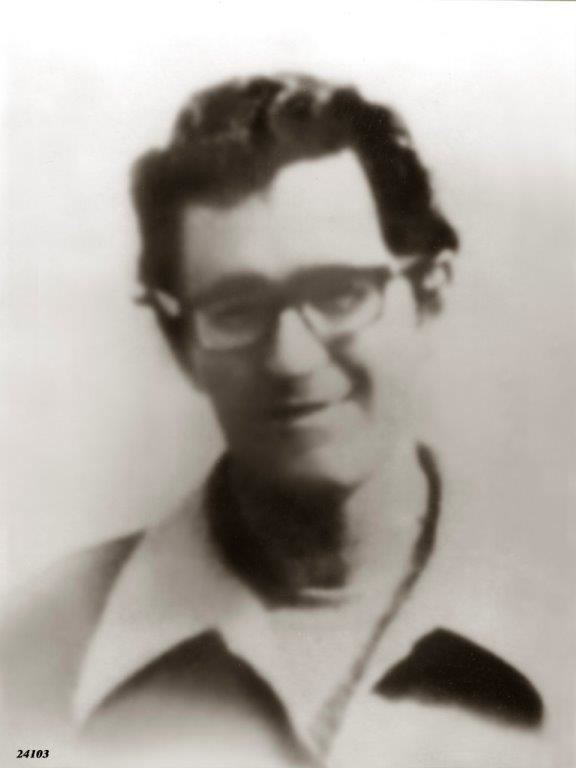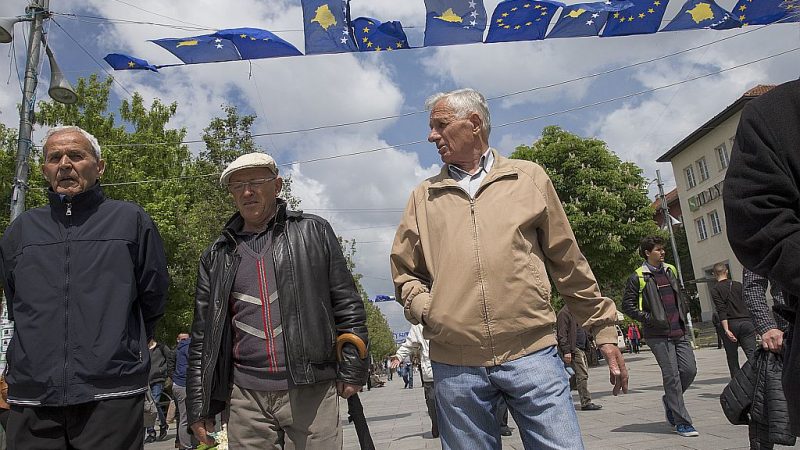Romania-Insider (12 October 2018)
Children born in Romania today will be 60% as productive when they grow up as they could be if they enjoyed complete education and full health, according to the World Bank’s Human Capital Index (HCI).
With a score of 0.60, on a scale from 0 to 1, Romania thus ranks 67 in the world, out of 157 countries included in this study.
Moreover, Romania has the lowest score in the European Union and one of the lowest in the region, being surpassed even by countries such as Bosnia and Herzegovina, Montenegro, Albania (0.62 each) and Georgia (0.61), while Slovenia (0.79), Czech Republic (0.78) and Serbia (0.76) are the regional leaders in terms of human development.
Singapore ranks first in the world, with a score of 0.88, followed by South Korea and Japan, with 0.84, Hong Kong – 0.82, Finland and Ireland – 0.81 each.
The HCI measures the amount of human capital that a child born today can expect to attain by age 18. It conveys the productivity of the next generation of workers compared to a benchmark of complete education and full health. It is made up of five indicators: the probability of survival to age five, a child’s expected years of schooling, harmonized test scores as a measure of quality of learning, adult survival rate (fraction of 15-year olds that will survive to age 60), and the proportion of children who are not stunted.
In Romania, 99% of children survive to age 5. However, the country scores only slightly above average in terms of education. Thus, children who starts school at age 4 can expect to complete 12.2 years of school by their 18th birthday, but factoring in what children actually learn, it’s as if they spend only 8.8 years in school. Students in Romania score 452 on a scale where 625 represents advanced attainment and 300 represents minimum attainment.
Across Romania, 87% of 15-year olds will survive until age 60. The HCI for girls in Romania (0.63) is higher than for boys (0.58). What is more worrying is that, the HCI value for Romania decreased from 0.63 to 0.60, between 2012 and 2017.
No comments yet.
- GEORGIAN AND BULGARIAN FOREIGN MINISTRIES HAVE HELD POLITICAL CONSULTATIONS The Caucasus and Turkish-Armenian Relations 12.10.2018
-
 MARTYR DIPLOMATS
The Caucasus and Turkish-Armenian Relations
12.10.2018
MARTYR DIPLOMATS
The Caucasus and Turkish-Armenian Relations
12.10.2018
-
 VISA LIBERALISATION FOR KOSOVO: THE ONLY TANGIBLE RESULT FOR THE FORESEEABLE FUTURE
The Balkans
12.10.2018
VISA LIBERALISATION FOR KOSOVO: THE ONLY TANGIBLE RESULT FOR THE FORESEEABLE FUTURE
The Balkans
12.10.2018
- IRAQ NAMES OIL MINISTER AS HEAD OF NEW NATIONAL OIL COMPANY Iraq 12.10.2018
- PM PASHINYAN MEETS WITH PRIME MINISTER OF BELGIUM The Caucasus and Turkish-Armenian Relations 12.10.2018
-
25.01.2016
THE ARMENIAN QUESTION - BASIC KNOWLEDGE AND DOCUMENTATION -
12.06.2024
THE TRUTH WILL OUT -
27.03.2023
RADİKAL ERMENİ UNSURLARCA GERÇEKLEŞTİRİLEN MEZALİMLER VE VANDALİZM -
17.03.2023
PATRIOTISM PERVERTED -
23.02.2023
MEN ARE LIKE THAT -
03.02.2023
BAKÜ-TİFLİS-CEYHAN BORU HATTININ YAŞANAN TARİHİ -
16.12.2022
INTERNATIONAL SCHOLARS ON THE EVENTS OF 1915 -
07.12.2022
FAKE PHOTOS AND THE ARMENIAN PROPAGANDA -
07.12.2022
ERMENİ PROPAGANDASI VE SAHTE RESİMLER -
01.01.2022
A Letter From Japan - Strategically Mum: The Silence of the Armenians -
01.01.2022
Japonya'dan Bir Mektup - Stratejik Suskunluk: Ermenilerin Sessizliği -
03.06.2020
Anastas Mikoyan: Confessions of an Armenian Bolshevik -
08.04.2020
Sovyet Sonrası Ukrayna’da Devlet, Toplum ve Siyaset - Değişen Dinamikler, Dönüşen Kimlikler -
12.06.2018
Ermeni Sorunuyla İlgili İngiliz Belgeleri (1912-1923) - British Documents on Armenian Question (1912-1923) -
02.12.2016
Turkish-Russian Academics: A Historical Study on the Caucasus -
01.07.2016
Gürcistan'daki Müslüman Topluluklar: Azınlık Hakları, Kimlik, Siyaset -
10.03.2016
Armenian Diaspora: Diaspora, State and the Imagination of the Republic of Armenia -
24.01.2016
ERMENİ SORUNU - TEMEL BİLGİ VE BELGELER (2. BASKI)
-
AVİM Conference Hall 24.01.2023
CONFERENCE TITLED “HUNGARY’S PERSPECTIVES ON THE TURKIC WORLD"









